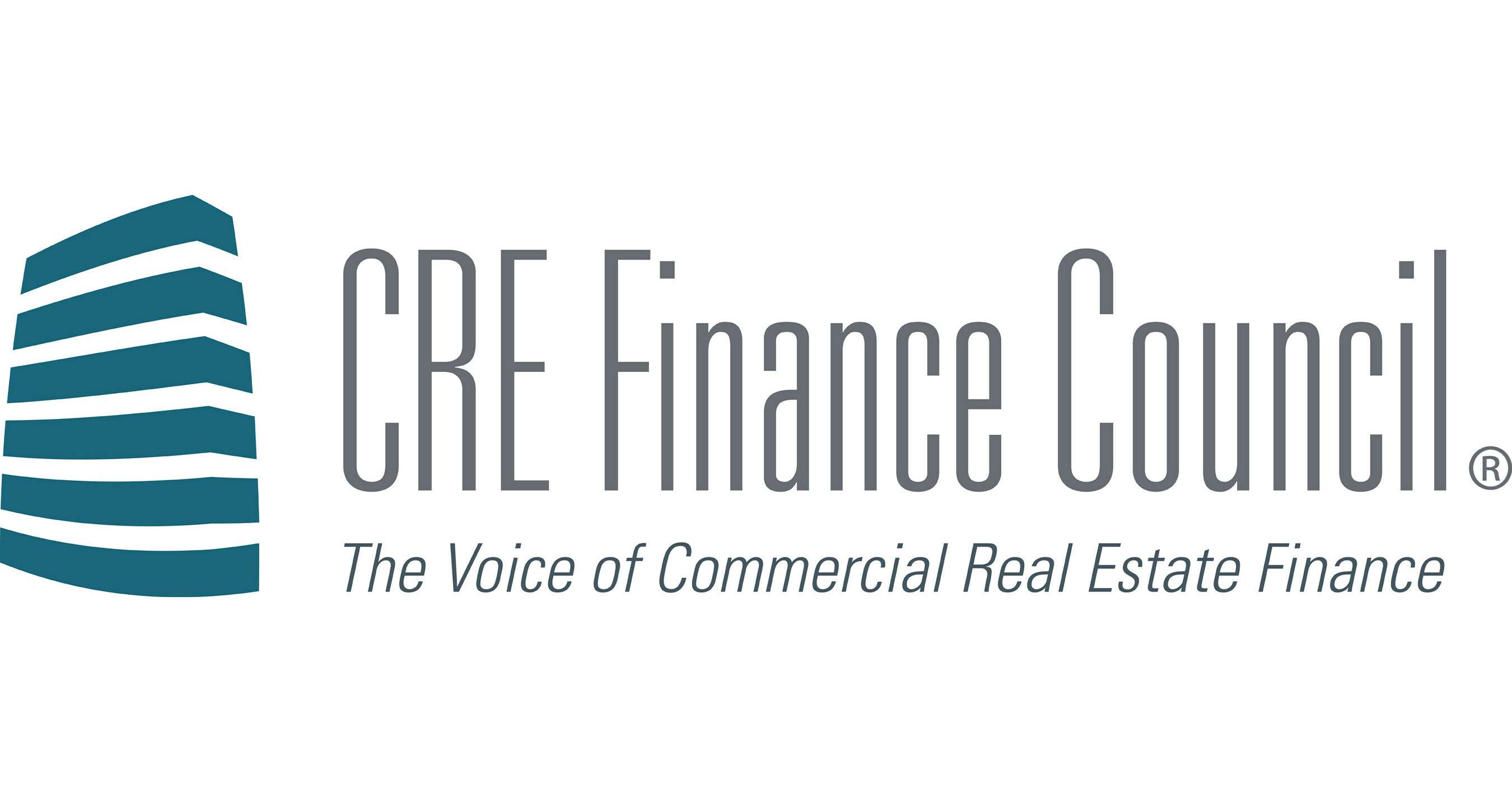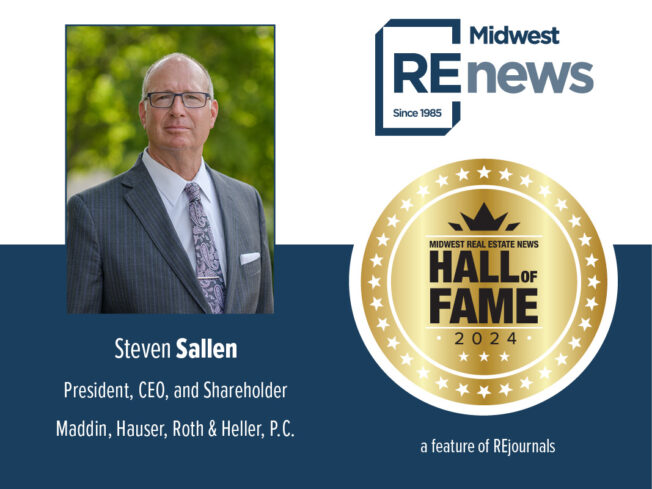C
harlie Clark was drawn to Marquette University's emphasis on applied learning, which allows him to connect theoretical concepts to real-world applications. "I learn better when I can put knowledge into practice," he says. As a junior double majoring in real estate and Accelerating Ingenuity in Markets (AIM), Clark has the opportunity to work with faculty members and external partners on projects that integrate his learning.
One such project involves creating an artificial intelligence-powered real estate sentiment index, which aims to help developers make informed investment decisions by analyzing market trends. Clark's AI expertise also earned him a spot at an exclusive summit at Columbia University in New York City.
Clark shifted his focus from the Chartered Financial Analyst track to fintech in real estate after realizing that combining AI and tech knowledge could provide more value to real estate firms. He appreciates the applied nature of fintech, which allows for creativity and problem-solving skills to be developed through hands-on learning.
The real estate sentiment index will analyze news articles from top 50 cities in America by population, grouping them by source and asset class to create a sentiment graph that can be used over time. Investors can use this tool in pitch books to gauge market optimism and pessimism, informing their investment decisions.
Clark utilized "no-code coding" to build the index, which involves using AI models to translate English instructions into code without requiring advanced programming knowledge. He believes that AI will automate many tasks in real estate analysis, freeing up professionals to focus on creative problem-solving.
As someone entering the real estate field, Clark anticipates using AI to streamline underwriting and financial analysis, allowing him to focus on more strategic and creative aspects of his work. He values hands-on learning, comparing it to racing where theory is applied through practice and instant feedback is received when mistakes are made.














